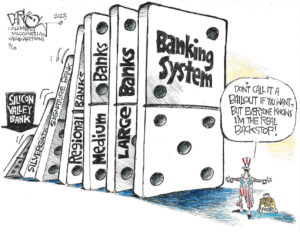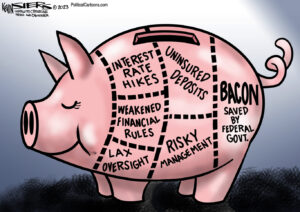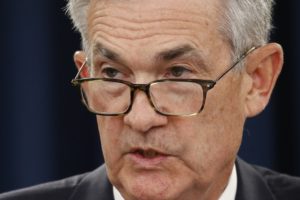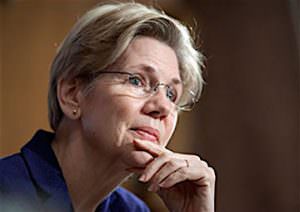Saudi Arabia to Transfer $2 Billion to Yemen
The action comes a day after Yemen’s Saudi-backed prime minister appealed to the kingdom and its allies to save the local currency from “complete collapse.”RIYADH, Saudi Arabia — Saudi Arabia’s King Salman ordered the transfer of $2 billion to Yemen on Wednesday, a day after Yemen’s Saudi-backed prime minister made an urgent appeal on the kingdom and its allies to save the local currency from “complete collapse.”
Prime Minister Ahmed Obeid bin Daghir had called on the kingdom and its allies to act “now, not tomorrow,” and said saving the Yemeni rial means “saving Yemenis from inevitable famine.” In his letter, he said Yemen needed a bailout.
For nearly three years, a Saudi-led coalition backed by the United States has been carrying out airstrikes in Yemen against Iranian-allied rebels, known as Houthis, after the rebels overran the capital of Sanaa and forced Yemen’s government into exile.
The war has killed more than 10,000 civilians, displaced some 2 million people and pushed millions to the brink of famine. The United Nations calls Yemen the world’s worst humanitarian crisis.
Saudi Arabia said in a statement that the funds would be deposited in Yemen’s Central Bank to help address the “deteriorating economic situation faced by the Yemeni people.”
Last year, the Saudi and internationally-backed Yemeni government created an alternative Central Bank from the one in the rebel-held Sanaa, moving it to the southern port city of Aden.
However, the governor of the Aden bank, Monasser al-Quaiti, said last year that the Saudi-led coalition had blocked 13 flights bringing cash into the country and was “strangling” its economy. The kingdom accuses the Houthis of stealing government revenues meant for public services and of manipulating the exchange rate.
The rial, trading at 500 to the dollar, has lost half its value since the war began in March 2015. Food and fool prices have skyrocketed and hundreds of thousands of civil servants have not been paid in more than a year, including doctors and nurses at government-run hospitals.
The economic collapse has contributed to the breakdown of basic services, which in turn has fueled a cholera outbreak that has killed some 2,000 people and infected about 1 million so far.
WAIT BEFORE YOU GO...This year, the ground feels uncertain — facts are buried and those in power are working to keep them hidden. Now more than ever, independent journalism must go beneath the surface.
At Truthdig, we don’t just report what's happening — we investigate how and why. We follow the threads others leave behind and uncover the forces shaping our future.
Your tax-deductible donation fuels journalism that asks harder questions and digs where others won’t.
Don’t settle for surface-level coverage.
Unearth what matters. Help dig deeper.
Donate now.






You need to be a supporter to comment.
There are currently no responses to this article.
Be the first to respond.